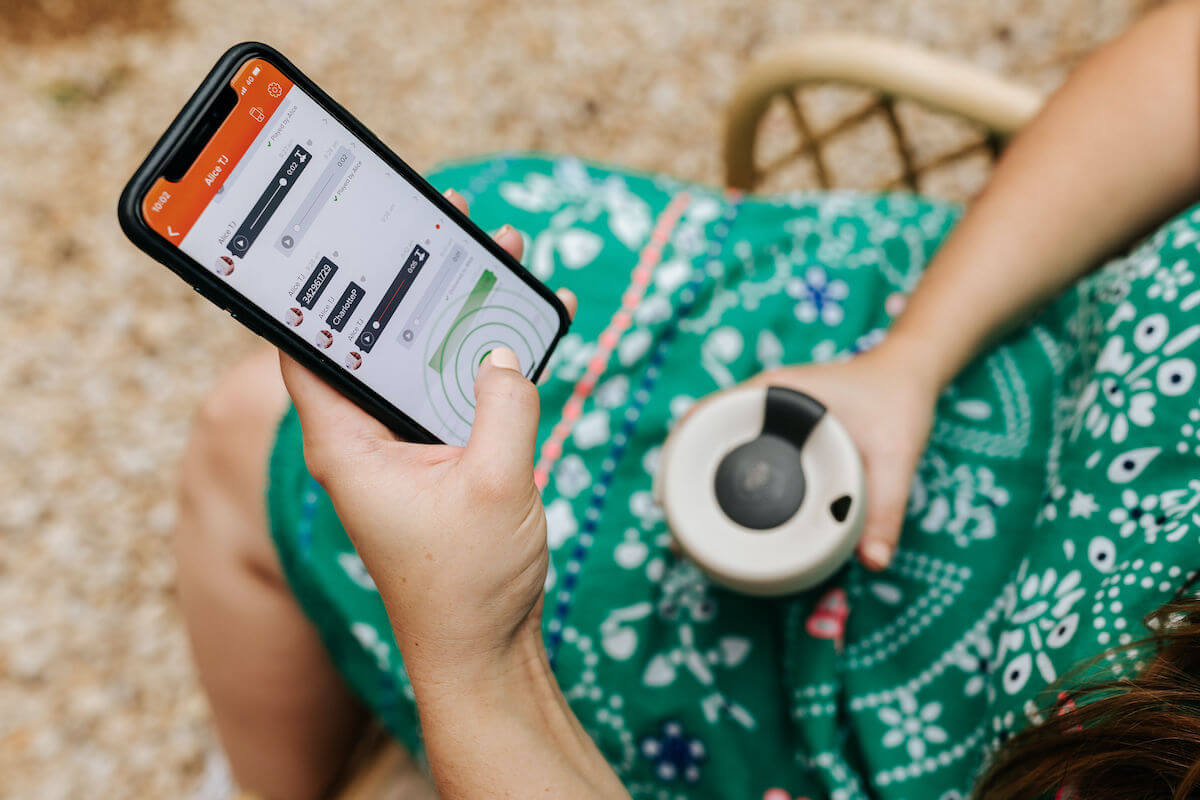
What is a CRM and why do you need one for your small business?
What is a CRM?
And the best CRM for small business
If you’ve ever heard people talk about Dubsado, HoneyBook, 17 Hats, or in general “their CRM,” then you might be wondering what these mythical systems are, and why people get quite so obsessed with them.
I mean, it’s just a system, right!?
Well, I’m here to dish the dirt on what exactly a CRM is, why you really need one as a service-based business or freelancer, and how to choose the best one for you.
What is a CRM?
People always ask: What does CRM mean? The term CRM stands for customer relationship management, which technically means a business’ strategy for engaging with current and potential clients. This can be software, systems, or tools in place to communicate with customers and leads, store electronic data, and move through a project.
More often than not though, people are using the term CRM to talk about the software they use to manage their clients.
Why are they important?
You might be wondering: Why does a small business need a CRM? Don’t we want to keep things personal and simple when we’re small?
Saying you’re too small for a CRM is like saying you’re too small to get more clients. Setting up a CRM system or software is important no matter how big or small your business is.
Here’s a few signs you need a CRM in your life…
- It’s starting to feel like every free second in your business is filled with client admin.
- You still send your invoices in PayPal. And if someone misses a payment, you need to chase them up manually (if you remember to that is).
- You create proposals on the fly. And as for contracts… Well, you have a template, but you don’t often use it because it’s a bit of a pain.
- Every time you bring on a new client, the experience is a little different even if you do have the best of intentions of streamlining processes.
- You don’t really have anywhere to track your enquiries, so your inbox is a hot mess.
Imagine if all of that could be done for you! That’s what a CRM does. Still think that you don’t need a CRM for your small business?

CRM for small business
As a small business, having a CRM takes the busywork out of client management. CRM software, systems, and tools have hundreds of features, and of course, they’re all a bit different. But at the heart of it, the purpose of a CRM is to make it easier for you to run your business, so you can spend more time doing what you love (or relaxing because you know I’m all about that).
What can a CRM do for small business?
What can’t they do?! Generally, these are some of the things they can do to improve, automate, and increase efficiency in your small business…
Lead tracking and automation
A CRM will help you stay on top of your leads. Who reached out when and what do they need? Some CRMs like Dubsado can actually automate this process.
Which leads to: A CRM can automatically respond to enquiries and invite them to schedule a call with you to see if they’re a good fit. It’s smart to add some sort of screening process here, like sending a services guide automatically so they can self-screen based on your offers and rate ranges.
Professional templates to save time
A CRM will allow you to send professional proposals and quotes, using proven project-booking templates you’ve already created, so your potential clients can easily decide how they want to work with you. Some tools, like Dubsado, offer optional proposal items clients can self-select to add on extra services you mightn’t have offered otherwise.
Streamline client communication
With a CRM, your clients can sign contracts electronically. No excuses or delays! You can also send feedback forms and questionnaires that are super easy for clients to fill out. They’re even mobile-friendly forms for those extra busy clients who reply on the fly. All of this information is typically stored with the project, so you can quickly organize and refer to all the information you need to do your job.
You can also send payment reminders, so you don’t have to worry about doing it yourself. Depending on the CRM you choose, this can probably be automated, so you don’t have to think about it at all once it’s set up.
Project management features
Most options include some sort of project management features, which help small businesses keep track of clients, projects, and individual tasks. As the business owner, you will always know what’s going on.
When should I use a CRM?
Honestly, the sooner the better. Sure, it’s possible to run your business without a CRM. But do you really want to?
As business owners we tend to massively undervalue our time and, while none of those tasks seem like a huge weight to bear, they can really add up and leave you drowning in admin. I promise you will feel so relieved when you know your clients are going to have an amazing experience without you having to worry about all the little details.
Convinced? Let’s talk about how to choose a CRM.
How to choose a CRM
Choosing one comes down to a few key things: Your needs, your preference, and what CRM software will deliver based on those. Don’t just choose one that your friend said is great. Instead think about what’s currently happening in your business and how you want to run your business in the future.
CRM options for small businesses
The most popular options among creatives, coaches, VAs, bookkeepers, and even bloggers are HoneyBook, Tave, 17 Hats, and Dubsado.
Dubsado is the one I use, and recommend to my clients and students. You can read all about why Dubsado is my go-to CRM here. I also compared Dubsado vs Honeybook here. And discuss why Dubsado is worth it here.
I know you’re hooked on the idea now! But where do you go from here?
Take the free course: 7 Steps to Automation
For my DIYers, or if you just want a deeper dive into why Dubsado is amazing and how to set it up for your own business, enroll in my free course: 7 Steps to Automation.
Or, if you’re already convinced Dubsado is the one for you, head over to the DIY Shop. You’ll find all the tools, trainings and templates you need to get up and running quickly, so you can get back to the important things.
TRADE HUSTLE FOR EASE.
Popular Posts
who's charlotte?
FIND THE FREEDOM TO GROW.
I like to drink my flat white while it’s hot—it’s the little things, right? You can enjoy your morning coffee too by creating systems that work for you. Client experience is my specialty and through automation with Dubsado, I help you find the freedom to actually enjoy your business.




